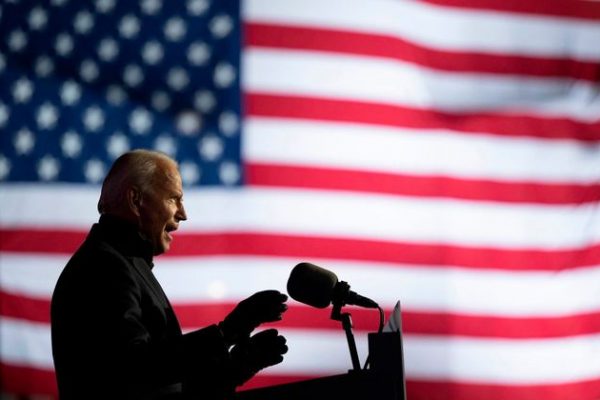Anyone with an understanding of the history of far-right political rhetoric will be conscious of one thing: the US has been extremely lucky in controlling fascistic political movements – and until recently, fortunate enough to avoid having a globally recognised figure rise out of fascist ranks and ideology. Yet now, it seems as though the yellow-haired, orange-faced Donald Trump is willing to change that luck. His campaign and policies for Republican nomination all seem to be signalling the rise of a new fascist movement in American political discourse.
Briefly looking at America’s history, it is fair to say that fascistic tendencies have not only just been around, but have been an element of its history which cannot be overlooked. In fact, one may even argue that European fascism was partly inspired by America itself, especially when it came to eliminationism. For instance, Hitler was known to express his admiration for America’s genocide against Native Americans, and segregationist policies of the Jim Crow regime in the South. To add to that, Hitler was even described as “passionately interested in the Ku Klux Klan” by Ernst Hanfstaengl, a former personal friend. Hanfstaengl adds, “He (Hitler) seemed to think it was a political movement similar to his own.”
Let’s have a look at the facts surrounding Trump, his life before running for presidency and his electoral campaign so far. First off, Trump’s ex-wife Ivana admitted once that not only had he kept a treasured collection of Hitler’s speeches beside his bed, but often read about the führer’s political vision and aspirations as well. Eliminationist tendencies first start off with introduction of racial and ethnic segregation, then typically advance to violence and even mass genocide in extreme cases.
When speaking in a subjunctive mood, he can most definitely sound like a dictator in the making. In his New Hampshire rally, he openly said: “I believe in the military and military strength more strongly than anybody running by a factor of a billion.” Not that there is anything wrong with military strategies, but the exaggerated lengths he is willing to go to makes him sound nothing short of, what I like to call him, ‘American Adolf’. Trump also likened immigrants to “poisonous snakes”, biting those who offers kindness to it, when speaking at Youngstown Airport.
All the characteristics required to initiate a fascist movement seem to be present in this candidate: avid patriotism (‘make America great again,’ as if it had already been great before), a sizeable following and the strong desire to ethnically purge the country. The latter is reinforced by Trump’s proposal to keep all non-citizen Muslims out of the U.S. “until we can figure out what’s going on.” This week, he even conspicuously blurted “Islam hates us,” purposely using language to alienate Muslims and make them ‘the other’. Trump has not only clearly taken an anti-Islam approach, but continues to assert against women, Mexicans and a whole variety of communities whom he considers not American enough.
But just because he seems such, does that mean he really is a fascist? What will happen if he were to win? How will American Muslims and other minorities be affected by his regime? But most importantly, what is the role of Muslims around the world right now, in the build-up to the elections in November?
This month, Ring of Knowledge aims to address these questions in our session titled: Donald Trump and the Rise of Fascism. Hosted by Jaffer Ladak, we hope to seek answers and a sense of direction from Washington Times columnist and international lawyer Rahat Hussain.
Save the date: 20th March at 20:30 GMT sharp! Head over to the Facebook page: www.facebook.com/ringofknowledge for more details on the session. We hope to see you tune into the discussion!





